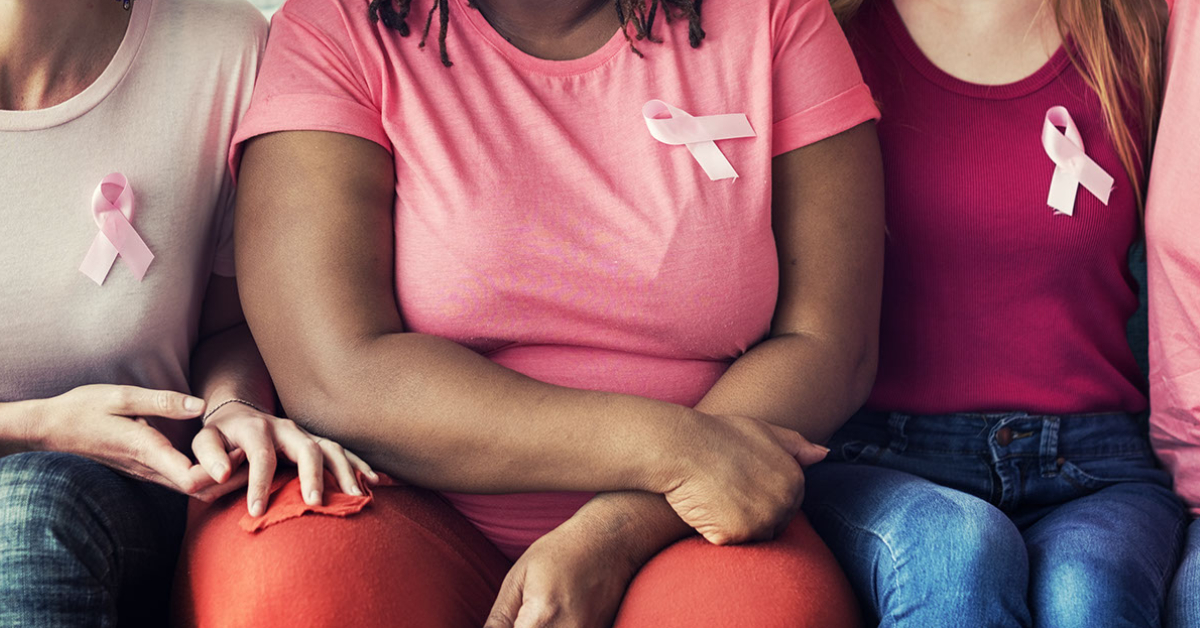Common Breast Cancer myths
Nowadays, there is a lot of information available about breast cancer. However, not all of it is clear or accurate. There are many myths due to which it becomes hard to know what to believe and what to ignore. Here’s a look at common myths about breast cancer and the facts behind them.
Myth 1: A lump in your breast means you have Breast Cancer
Fact: Not all breast lumps turn out to be cancer. But if you find a persistent lump in your breast or notice any change in your breast tissue, you should consult a doctor. With clinical breast exam, your physician will determine if your lump is a cause of concern or not. Routine breast self-exams, check-ups with your doctor and screening can help improve your health condition.
Myth 2: A mammogram can cause Breast Cancer to spread
Fact: An x-ray of the breast or a mammogram can be used for early detection of breast cancer. The benefits of mammography outweigh the potential harm from the radiation exposure as it require low dose of radiation. Thus, it does not spread breast cancer.
Myth 3: If you’ve a family history of Breast Cancer, you are likely to develop Breast Cancer
Fact: In many cases, it is seen that women who have a family history of breast cancer are at higher risk. On the contrary, most women who have breast cancer have no family history.
However, the chances are higher in those who have:
- A first degree relative with breast cancer
- A second degree relative with breast cancer
- Multiple generations diagnosed with breast cancer on the same side of the family.
Myth 4: Breast Cancer is contagious
Fact: Breast cancer occurs due to uncontrolled cell growth of mutated cells that spread in the tissues of the breast. But it cannot be transferred to someone else’s body. The best thing to prevent it is to follow a healthy lifestyle and be aware of the risk factors that can help its early detection.
Myth 5: If BRCA1 or BRCA2 is detected in your DNA, then the chances to develop Breast Cancer are more
Fact: According to the National Cancer Institute, women in the families who carry BRCA1 or BRCA2 are not linked to a harmful mutation in one of these genes. In other words, not every woman who has harmful BRCA1 or BRCA2 mutation will develop breast cancer. But a woman who has inherited a harmful mutation is more likely to develop breast cancer than the other who does not have such a mutation.
Myth 6: Antiperspirants and deodorants cause Breast Cancer
Fact: There is no scientific evidence which shows any link with the use of underarm antiperspirants or deodorants and the development of breast cancer.
Myth 7: Breast injuries may result in Breast Cancer
Fact: Any injury, squeezing or pinching the breast won’t cause breast cancer. Though it may cause bruising and swelling but do not cause cancer. However, in some cases, an injury can lead to a benign lump known as fat necrosis.
Myth 8: Men can’t get Breast Cancer
Fact: It is a common belief that men can’t get breast cancer because they don’t have breasts. But the fact is that men can get breast cancer as they have breast tissue. However, the chances are comparatively less than women.
Myth 9: Stress won’t cause Breast Cancer
Fact: There’s no evidence that stress increases the risk of developing breast cancer. But due to stress, we start following unhealthy lifestyle that can increase the risk of developing breast cancer.
Myth 10: You can’t get Breast Cancer because it doesn’t run in your family
Fact: Having a family history of breast cancer is a known risk factor, but it doesn’t mean that if no one else in your family had breast cancer you won’t develop it.
Myth 11: If you are diagnosed with Breast Cancer, removing the entire breast (mastectomy) is better than a lumpectomy with radiation therapy
Fact: There are some circumstances where a mastectomy may be a better option. It includes cases of genetic predisposition, advanced breast cancer or when the cancer is large or spread throughout the breast. However, the early stage breast cancer can be treated with both lumpectomy and mastectomy.
Bottom Line
No matter, whether you have breast cancer or not, still you should know about the facts of the disease. It’s important to be aware about breast cancer so that you can make informed decisions about screening, risk reduction and treatment options.
Though most breast changes are normal or due to benign condition, but it’s still important to get them checked. If you are worried about any of the breast cancer risk factors or notice any abnormal change in your breast you should consult to a doctor.

